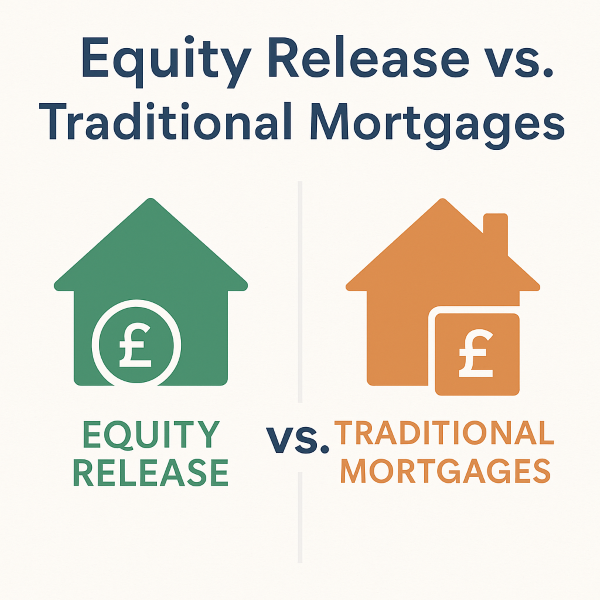Purchasing your first home is a significant milestone. For many, it represents stability, independence, and a sound financial investment. However, understanding the mortgage process can seem daunting. This guide provides clear, actionable advice to make the journey to homeownership smoother and less stressful.
Assessing Affordability: Can You Buy a Home?
The first step is determining whether you can afford to purchase a home. It’s essential to account for all costs. These include monthly repayments, insurance premiums, and property maintenance expenses. Evaluating your financial situation early prevents potential setbacks. By planning ahead, you can make informed decisions with confidence.
Improving Your Mortgage Eligibility
Securing a mortgage might seem overwhelming, but there are practical ways to improve your chances:
- Check Your Credit Score: Use services like Experian or Equifax to review your credit report. A strong score increases your likelihood of approval and better deals.
- Consult a Mortgage Broker: Independent brokers can help you navigate various mortgage products, especially if you’re self-employed or have irregular income.
- Save for a Larger Deposit: While 5% deposit mortgages exist, aiming for at least 10% or 20% could unlock better interest rates and terms.
- Utilise Government Schemes: Programmes like the Lifetime ISA and Mortgage Guarantee Scheme can support first-time buyers.
Costs of Buying a Home
Beyond the deposit, there are additional expenses to account for:
- Stamp Duty: First-time buyers in England and Northern Ireland pay no stamp duty on properties up to £425,000. Above this, a 5% rate applies up to £625,000.
- Conveyancing Fees: Expect to pay between £500 and £1,500.
- Survey Costs: Homebuyer surveys range from £400 to £1,500, depending on the property.
- Valuation Fees: Mortgage lenders charge between £160 and £600 to assess the property’s value.
- Removal Costs: On average, moving a three-bedroom house costs £1,181 within 50 miles.
Choosing the Right Property
When searching for your first home, set realistic expectations. Consider what’s most important: location, size, or proximity to amenities like schools and parks. Use property portals such as Rightmove or Zoopla to compare options. If prices in your desired area are high, a fixer-upper might be a cost-effective solution, provided you account for renovation expenses.
Securing a Mortgage
Before applying, get a mortgage in principle (MIP). This document outlines the maximum amount a lender might provide based on your income and spending. It’s not a guarantee, but it demonstrates to estate agents that you’re a serious buyer.
Lenders will assess your income, savings, and credit history when applying for a mortgage. Most lenders cap borrowing at 4.5 times your salary. Ensure you have the necessary documents, such as pay slips, bank statements, and ID, ready to streamline the process.
Government Support for First-Time Buyers
Several schemes aim to make homeownership more accessible:
- Lifetime ISA: Save up to £4,000 annually and receive a 25% government bonus.
- Shared Ownership: Buy a portion of a property (as low as 10%) and pay rent on the remainder.
- Mortgage Guarantee Scheme: Encourages lenders to offer 95% LTV mortgages for properties up to £600,000.
- Stamp Duty Relief: Avoid stamp duty on homes worth up to £425,000 until March 2025.
Tips for Making an Offer
Once you’ve found a property, research local sale prices to determine a fair offer. If competition is low, consider starting slightly below the asking price. Mentioning your flexibility—such as a willingness to move quickly—can strengthen your position.
Avoiding Common Pitfalls
First-time buyers often underestimate costs or neglect credit checks. Ensure you’re registered on the electoral roll and maintain a low credit utilisation ratio. Be mindful of the differences between leasehold and freehold properties to avoid surprises later.
Final Steps to Homeownership
After your offer is accepted:
- Instruct a solicitor for conveyancing.
- Arrange a property survey.
- Finalise your mortgage application.
- Exchange contracts to make the sale legally binding.
- Complete the purchase and collect the keys to your new home.
In conclusion
Purchasing your first home may seem daunting, yet it is entirely achievable with the right approach. Begin by researching the UK property market and understanding how mortgage rates may impact your budget. This will help you prepare for any financial challenges ahead.
First-time buyers can benefit from government schemes like the Lifetime ISA and shared ownership. These initiatives are designed to make buying a home more affordable. It’s crucial to check eligibility criteria and understand how these schemes work to maximise their benefits.
As a first-time buyer, you can trust Connect Lifetime Mortgage expert Richard Turner to guide you through purchasing your first home.






